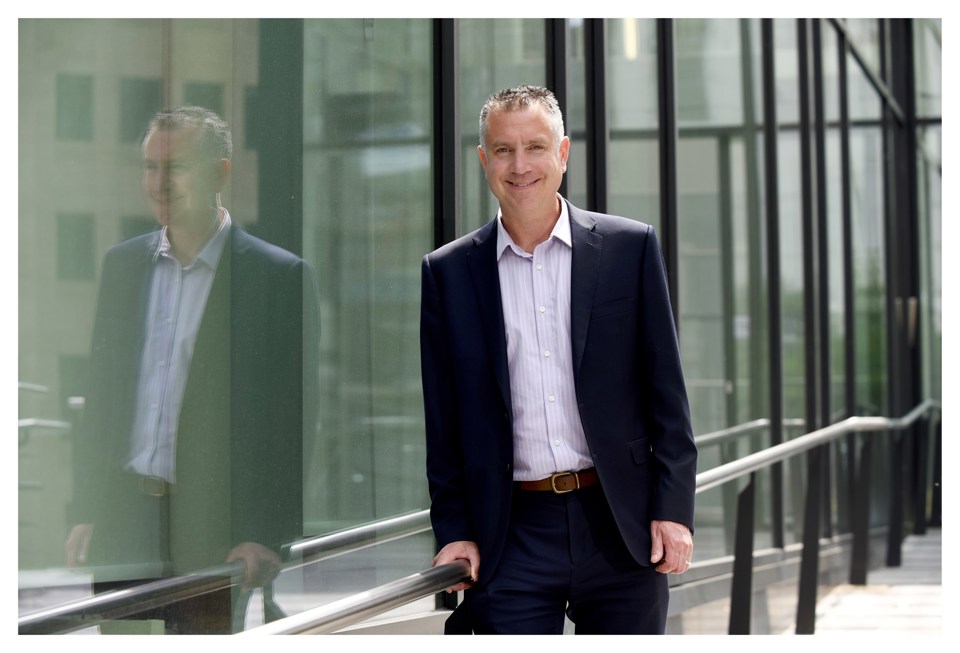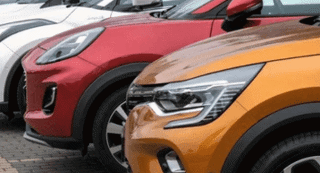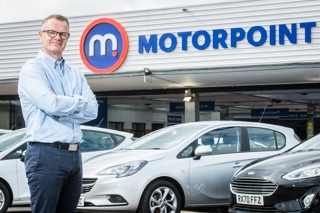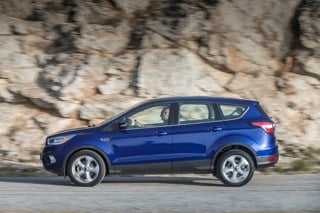Uncertainty surrounding the balance of supply and demand in the automotive sector has created the most difficult period ever to forecast used car value trends, according to Cap HPI.
Speaking to AM for a regular mid-month update on key trends in the used car market, director of valuations Derren Martin revealed that values “haven’t moved” at the three-years, 60,000 miles benchmark.
And he said that uncertainty surrounded the impact of any return in supply from car manufacturers keen to boost their volumes and market share in the traditionally pivotal numberplate change month of September.
“It’s not a normal September by any stretch”, Martin told AM.
“There will be a volume rise but consumer demand has been dented in recent months. Everything hinges on the supply and cost-of-living situation.”
He added: “I don’t think it’s ever been harder to predict what will happen with values.”
Cap HPI’s market data showed marginal value shifts in the used car sector.
While there was no movement at all at three years and 60,000 miles, with city cars generating value growth of 0.4% and lower medium cars (e.g. C-segment hatchbacks) delivering o.2% growth.
Nearly new cars delivered growth of just 0.1% at one year and 10,000 miles.
Electric vehicles (EV) show no signs of faltering, meanwhile, despite the impact of soaring energy costs on the viability of zero emissions transport for the mass market.
“I don’t think there will be a huge change in the level of demand for EVs”, said Martin.
“When diesel was seen as the go-to fuel type many customers gravitated to it even though it perhaps wasn’t cost-effective for them to do so with the mileage they did. The direction of travel is set when it comes to EV, so I think prices will remain strong.”
Martin suggested that the efforts of new Prime Minister Liz Truss to curb soaring fuel prices with a new £2,500 cap on household bills would have little impact on consumers’ appetite to buy cars.
He said: “It will benefit the rich. Less affluent people will continue to feel the squeeze as their bills rise.
“Cars remain a necessary purchase for most people, though, so there will be a continued demand across the sector.”
Martin reiterated his earlier assertions that there would be “no price crash” in the used car sector.
And he said that values would likely remain buoyant in 2023 as the sector faced it first year of used car supply issues triggered by the reduced new car registrations of COVID-impacted 2020.
He said: “There is a chance that 2023 could be another really strong year.”



















Login to comment
Comments
No comments have been made yet.